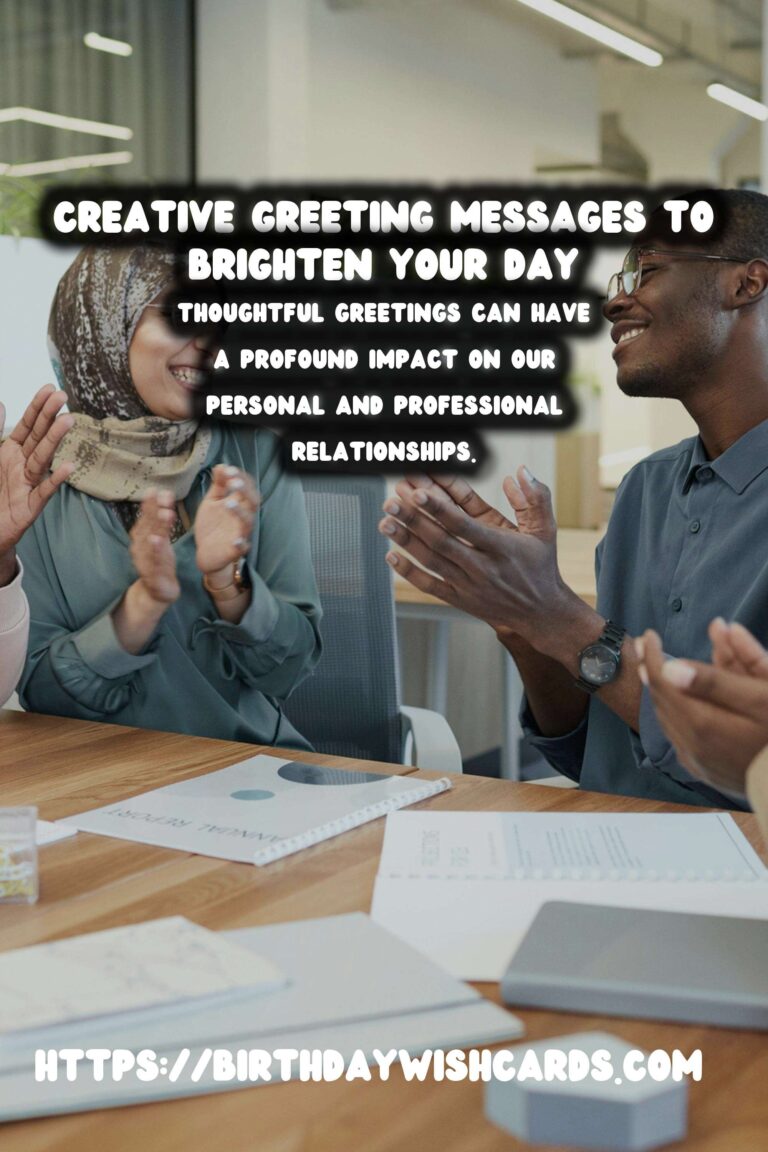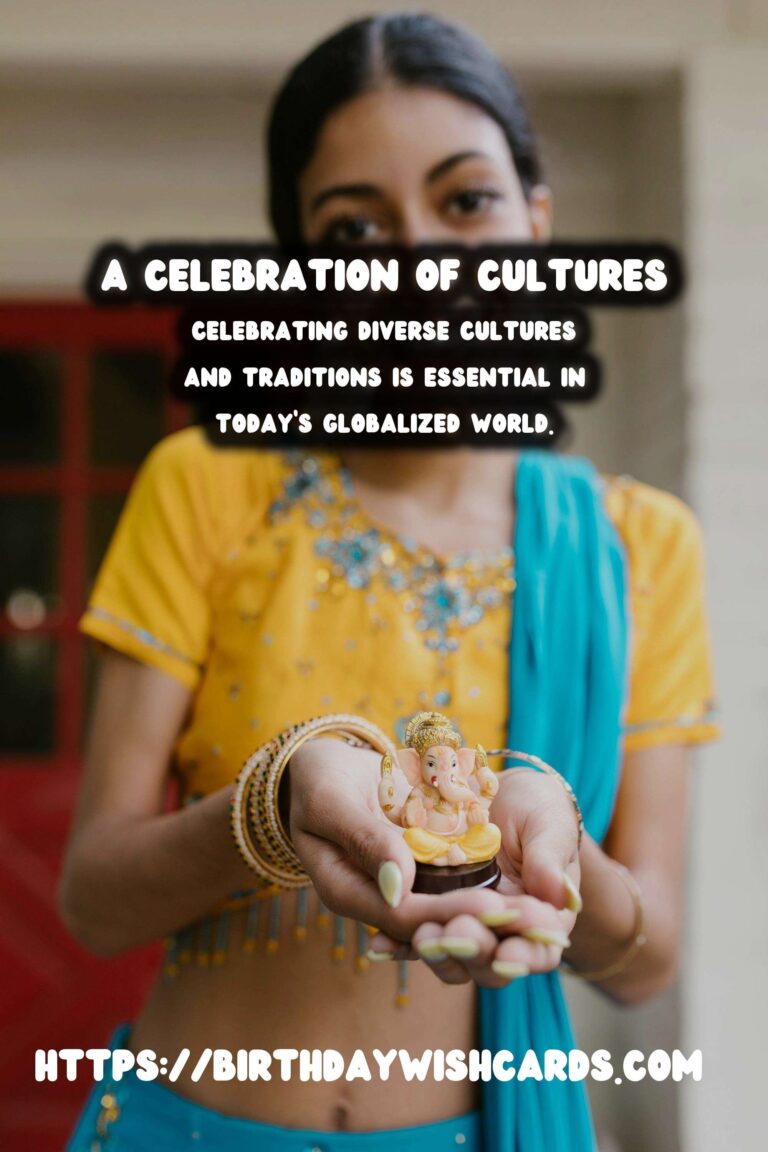Top 100 Festival Planning Guide For an Unforgettable Experience
Top 100 Festival Planning Guide For an Unforgettable Experience
Planning a festival can be both exhilarating and overwhelming. With so many components to consider, it’s essential to have a structured approach to ensure that everything goes smoothly. This comprehensive guide will walk you through the top 100 tips and tricks to plan an unforgettable festival experience for yourself and your attendees.
1. Set Clear Objectives
Understanding the purpose of your festival is the first step in your planning journey. Whether it’s to celebrate culture, promote music, or highlight local artisans, your objectives will guide every decision you make.
2. Determine Your Budget
Your budget will dictate the scale of your festival. Determine how much you can spend and allocate funds for venue rental, permits, entertainment, marketing, and other logistical needs.
3. Choose the Right Location
Picking the right venue is crucial for your festival’s success. Look for a spot that accommodates your expected crowd and aligns with the festival theme. Consider factors such as accessibility, amenities, and nearby attractions.
4. Secure Necessary Permits
Ensure you know what permits are required for your event, including those related to health, safety, and amplified sound. Research local regulations well in advance.
5. Craft a Detailed Timeline
Create a detailed timeline that outlines key milestones leading up to the festival. This will help keep your planning on track and ensure you don’t miss critical deadlines.
6. Assemble Your Team
Organizing a festival is a group effort. Assemble a team of dedicated individuals that can help you with various aspects such as logistics, marketing, and vendor coordination.
7. Create an Impressive Lineup
If your festival includes performances, curate a lineup that fits your theme and appeals to your target audience. Consider both well-known artists and local talent.
8. Engage with the Community
Part of planning a successful festival is involving the community. Engage local businesses and artists to participate, which will help build relationships and increase attendance.
9. Develop a Marketing Strategy
Your festival won’t succeed without effective marketing. Utilize social media, local newspapers, and radio stations to spread the word. Create an eye-catching website with ticket sales and event details.
10. Optimize for SEO
Make sure your online content is optimized with relevant keywords to improve visibility on search engines. This includes your festival name, location, and activities.
11. Establish Sponsorships
Partnering with local businesses or larger sponsors can lessen your financial burden. Offer promotional benefits to sponsors who choose to support your festival.
12. Implement Safety Measures
Ensure a safe environment for attendees. Plan for security, first aid, and crowd control measures. Communicate these plans to participants ahead of time.
13. Encourage Sustainable Practices
Consider the environment by implementing sustainable practices. Use eco-friendly materials, encourage recycling, and offer incentives for using public transport.
14. Leverage Technology
Use technology to enhance the attendee experience. Consider mobile apps for schedules, maps, and real-time updates during the festival.
15. Plan for Accessibility
Ensure that your festival is accessible for everyone. Include considerations for disabled individuals, parents with strollers, and those requiring additional assistance.
16. Create Engaging Activities
In addition to the main events, include a variety of activities for all age groups. Games, workshops, and interactive booths can enhance the overall experience.
17. Focus on Food and Drink
Offering a diverse array of food and beverage options will satisfy different tastes and enhance the festival environment. Include local vendors and consider unique offerings.
18. Prepare for Weather
Always have a plan B for inclement weather. Whether it’s tents, indoor venues, or rainchecks, preparing for the unexpected is key.
19. Gather Feedback
After the festival, solicit feedback from attendees and team members. Understand what worked and what didn’t to improve future events.
20. Celebrate Your Success
Finally, take time to celebrate your efforts. Organize a wrap-up party for your team to appreciate everyone’s contributions and hard work.
Conclusion
Planning a festival is no small feat, but by focusing on these key elements, you can create an unforgettable experience that attendees will cherish. From setting a clear budget to ensuring participant safety, every detail matters. Start your planning early, stay organized, and remember to have fun throughout the process!
Planning a festival can be both exhilarating and overwhelming.
With so many components to consider, it’s essential to have a structured approach to ensure that everything goes smoothly.
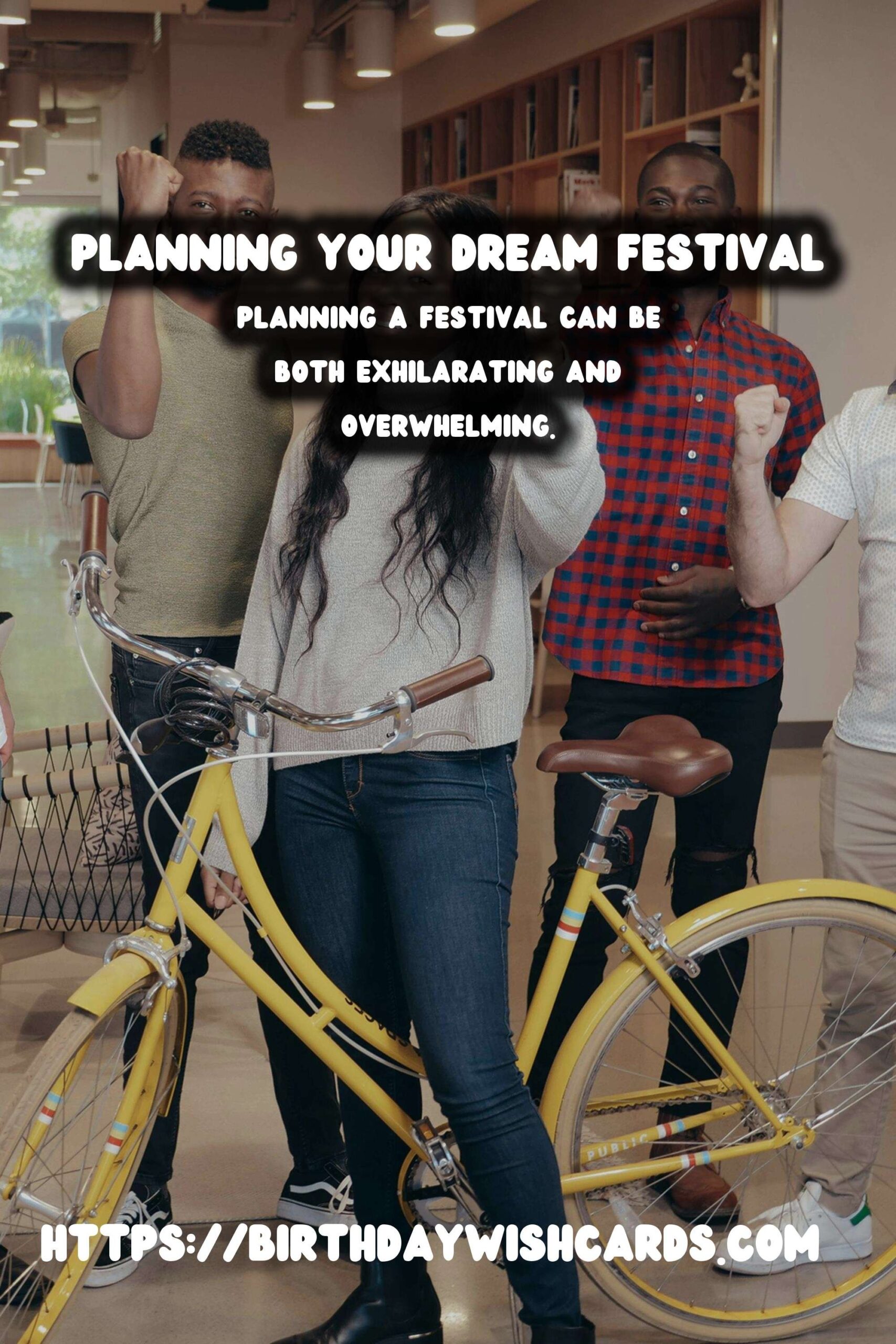
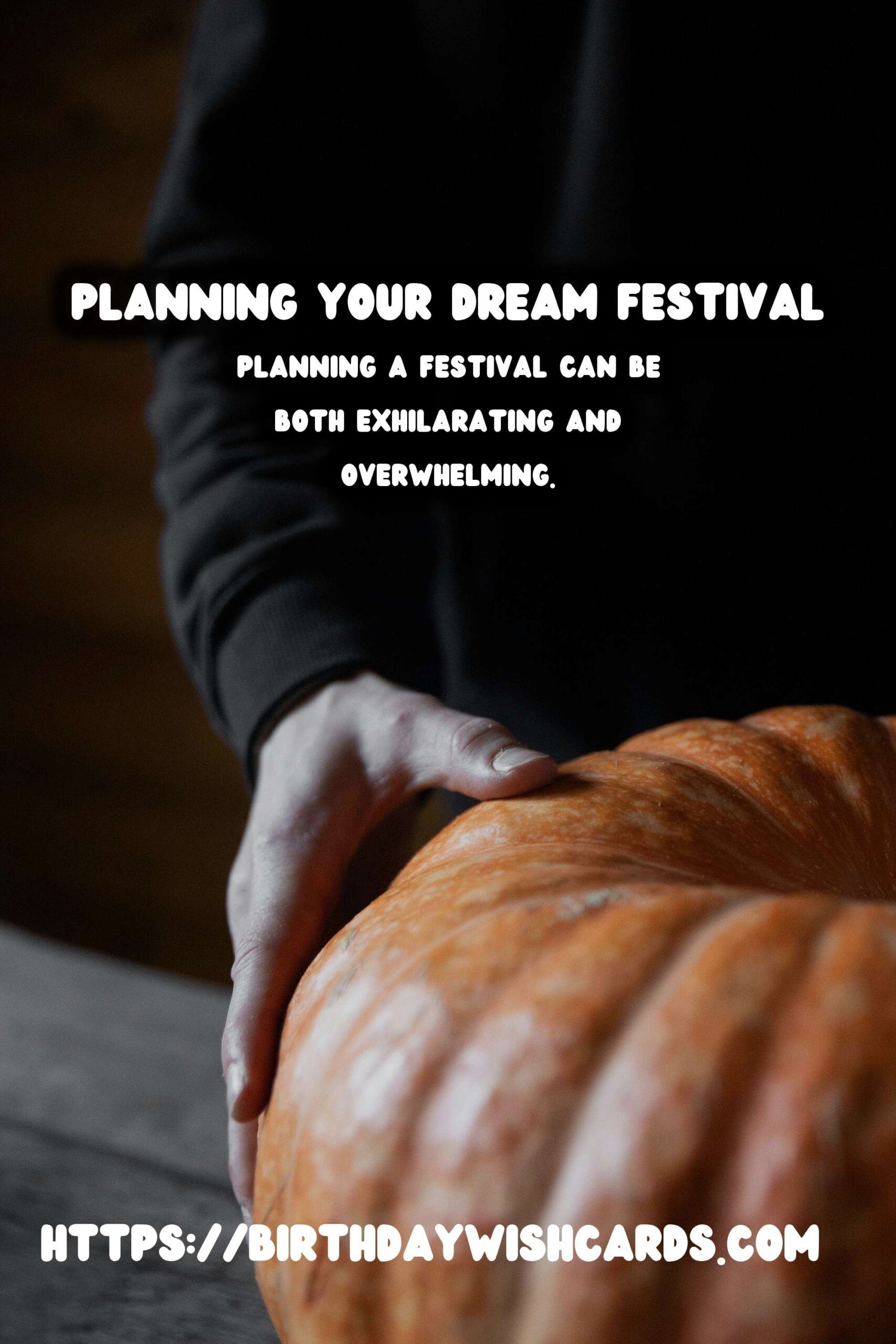

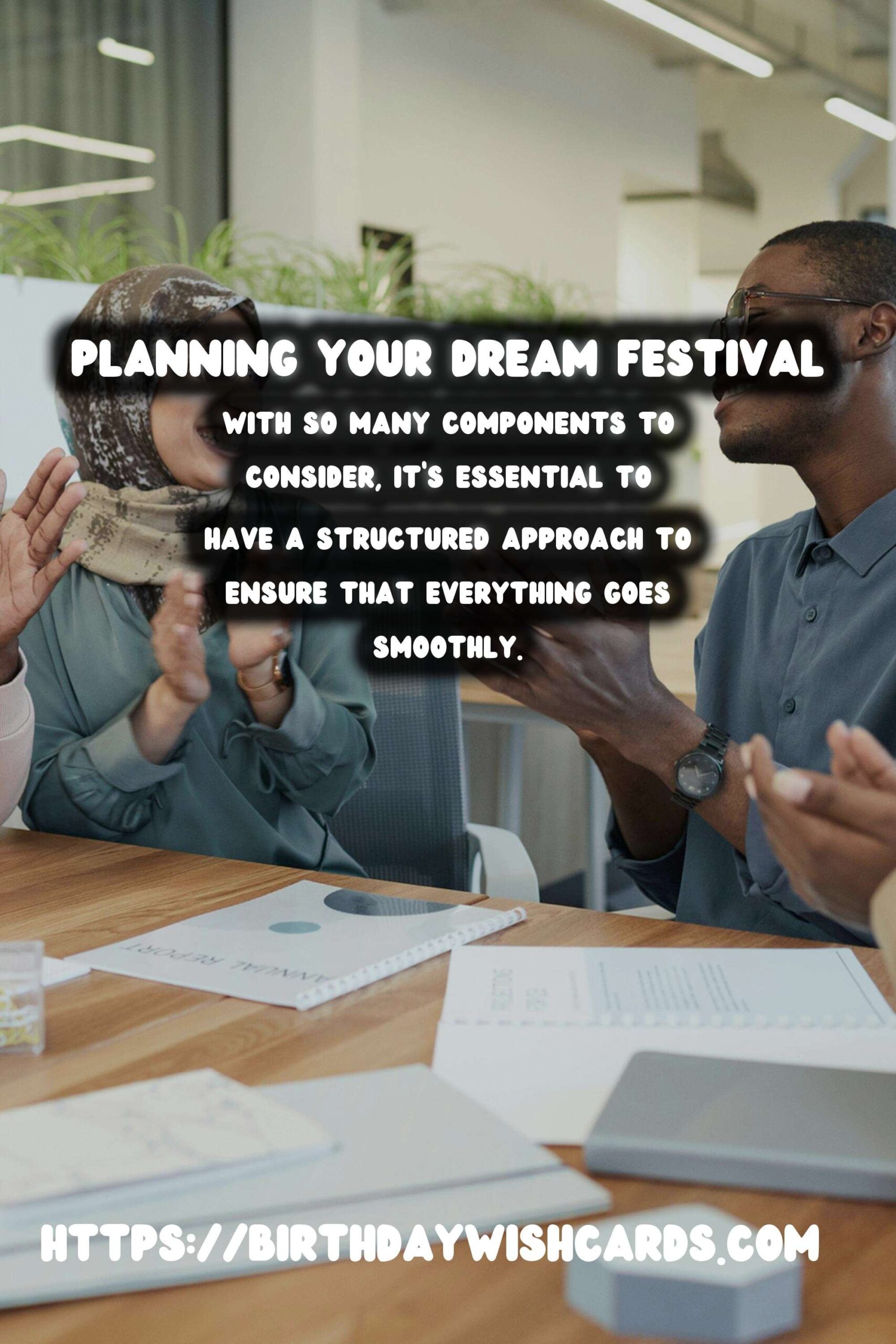






#FestivalPlanning #EventManagement





